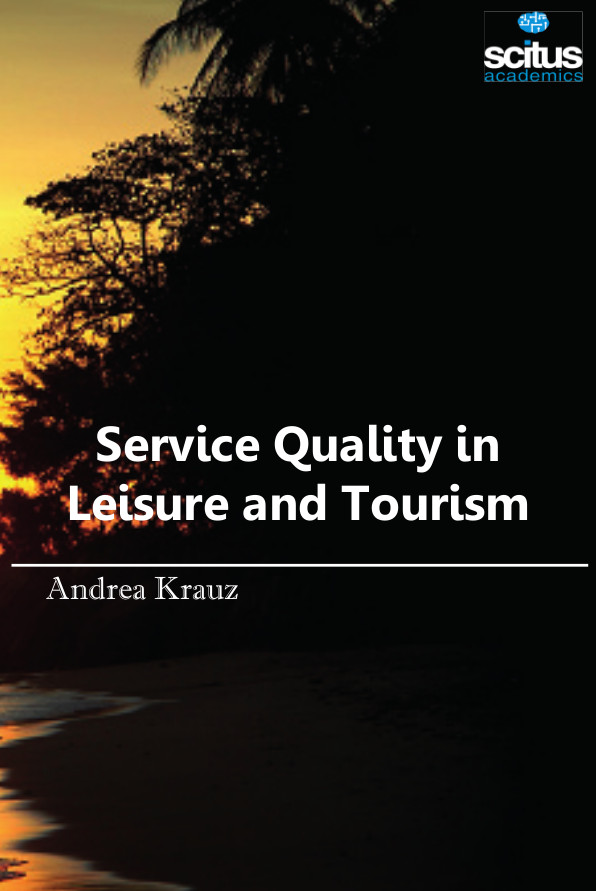Tourism has been one of the world’s fastest growing industries, and there are large societies entirely dependent upon the visitor for their sustenance. The quality of service in hotel industry is an important factor of successful business. The existing trend of complete quality management in hotel industry ensures the achievement of competitive advantage of hotel companies and is therefore the subject of contemporary research into service quality in hotel industry. Much of the attention given to service quality is motivated by the premise that it will increase customer satisfaction and ultimately lead to better financial performance. The quality of products and services has also been related to external indicators of customer satisfaction such as complaints, warranty, litigation and market share. Satisfied customers often lead to loyal customers who continuously repurchase the product or service. However, all organizations are dependent upon repeat purchases that lead to higher profitability. Empirical evidence suggests that customer satisfaction mediates the relationship between service quality and firm performance.
Service Quality in Leisure and Tourism aims to develop an awareness of the underpinning theories of quality as applicable to leisure and tourism. It deals with the impact of service quality in tourism and customer satisfaction; presents the theoretical model of the research indicating the dimensions of quality in tourism. It shows that such dimensions as Quality of accessibility, accommodation, venue and their components contribute directly in satisfaction of tourists, their intend to return and eventually development of tourism industry in a region.
Delivering high quality service within the hospitality industry positively influences a customer’s perception of value. Tourist satisfaction is the result of the interaction between a tourist’s experience in the destination area and his or her previous expectations about the destination. Satisfying the tourist is critical because it has an effect on the expectations and intentions for the customer’s next destination purchasing decision. Practitioners and educators alike will find this book to be invaluable in their businesses and in preparing students for the business world.













